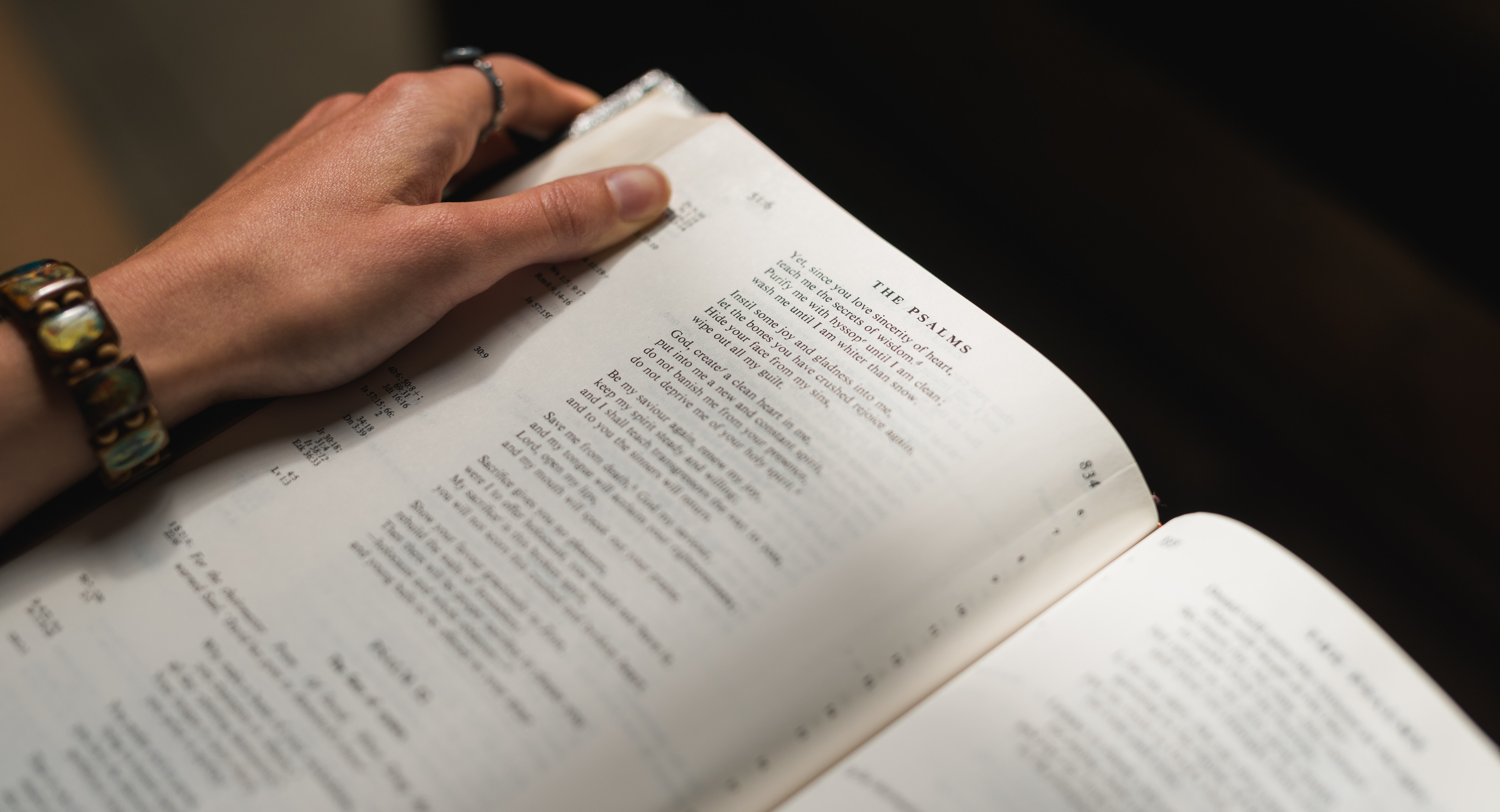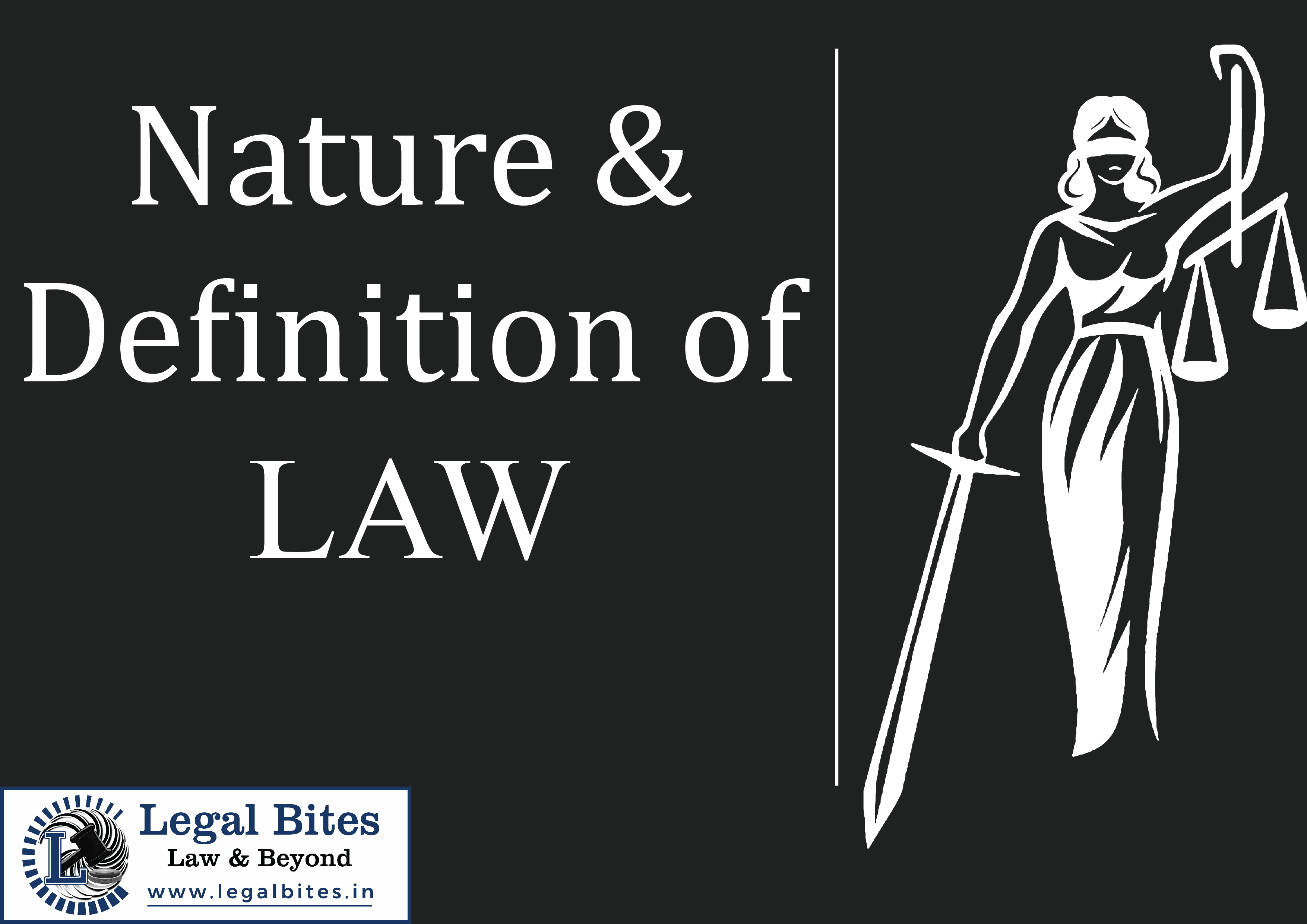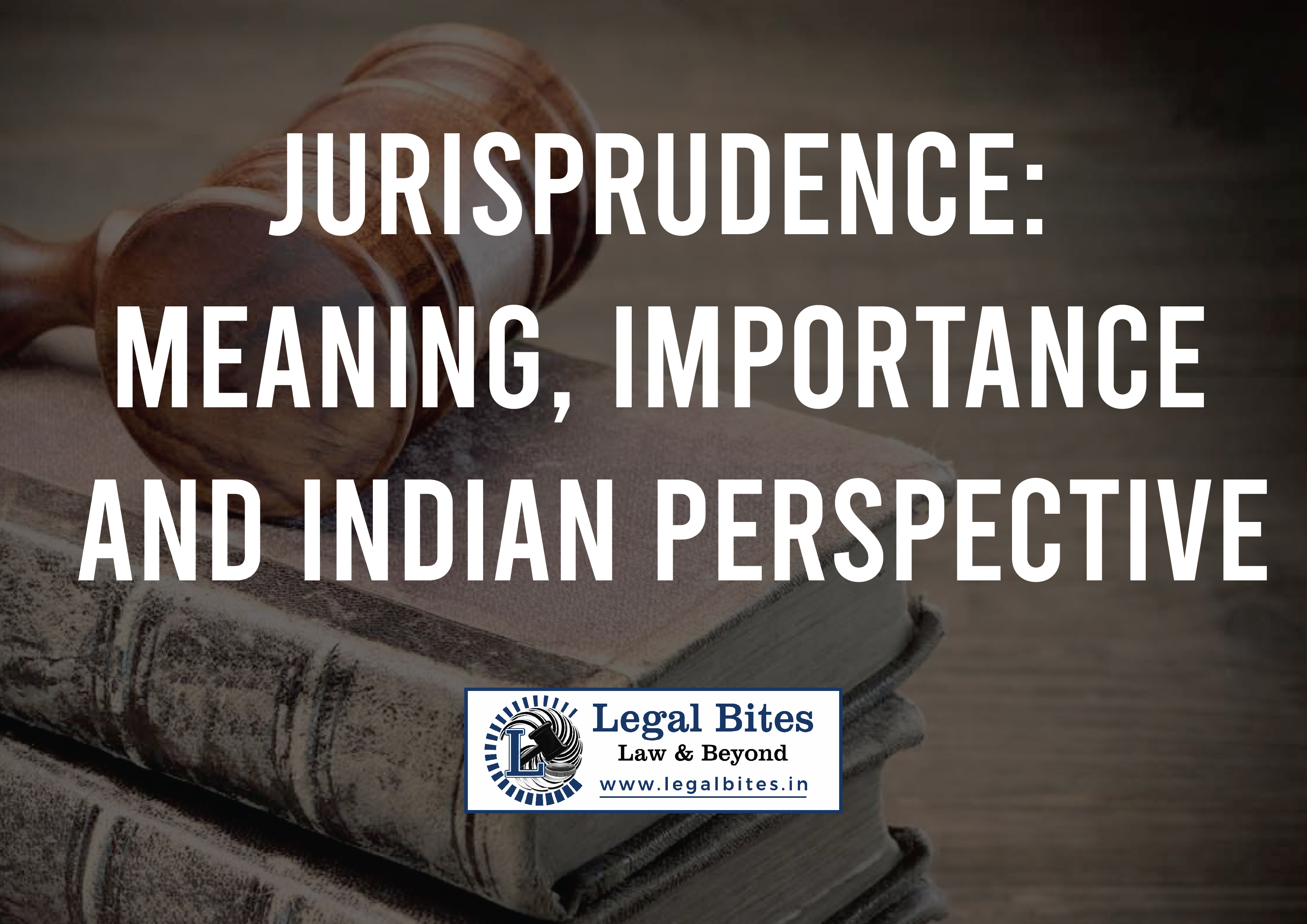Role of State in Maintaining Freedom
This article titled "Role of State in Maintaining Freedom" provides an insight into the concept of an ideal state and their role in maintaining freedom.;

Role of State in Maintaining Freedom | Overview Introduction Liberal Meaning of State The Ideal Liberal State: A Protector of Natural Rights Legislative power Judicial power Police power Military power Evolution of Welfare State Conclusion This article titled "Role of State in Maintaining Freedom" provides an insight into the concept of an ideal state and their role in maintaining freedom. Introduction Every individual has a longing to interact and socialize with...
Role of State in Maintaining Freedom | Overview
- Introduction
- Liberal Meaning of State
- The Ideal Liberal State: A Protector of Natural Rights
- Legislative power
- Judicial power
- Police power
- Military power
- Evolution of Welfare State
- Conclusion
This article titled "Role of State in Maintaining Freedom" provides an insight into the concept of an ideal state and their role in maintaining freedom.
Introduction
Every individual has a longing to interact and socialize with other individuals. He has the longing to form or become a member of social groups. It is not possible for anyone to live a happy and fulfilling life in total social isolation. At the same time, an individual has the longing to retain his individuality and to be different from other individuals. Both of these principles call for the establishment of an institution that would ensure the protection of individual liberty in a social environment. Such an institution is what the liberals term as 'state'.
There exists no ideal liberal state today. However, the idea of such a state has led to the foundation of the principles of constitutionalism, rule of law and independent judiciary which are the basic features found in today's modern civilized world.
Liberal Meaning of State
State, according to liberals, is a product of social contract whose primary purpose is to regulate. The chief function of the State is to protect the three most important natural rights- life, liberty and property. John Locke argued that the state should protect them since they are natural rights guaranteed by God himself to each and every individual. Although the liberalists consider the state as an essential social group to protect liberty, they also consider it as their enemy since they fear that it has the power to take away the liberty of its citizens and convert into a totalitarian state. To resolve this uncertainty and fear, they came up with the idea of a limited government.
The liberals have put in place ideas of constitutionalism, rule of law and an independent judiciary to limit the role of the state. They propose that the state should have minimal interference and influence in the lives of its citizens. This would aid the prevention of encroachment of individual liberty by the state.
One common thread that runs through all major ideologies is a positive idea about the potential and the capabilities that an individual has. Despite the positive outlook, all of them agree the need for an organization using the concept of the state. However, one major difference between liberalism and the other ideologies is that the liberalists believe in limiting the role of the state. John Locke, the father of liberalism, has synthesized the concepts of social contract theory and natural law to construct the basis of the theory of limited government. The government forms an important element of any state, limiting which, would limit the state itself. According to him, the government is formed by the consent of the individuals. The consent is given based on the condition that:
- The government would accept and abide by principles of natural law
- The people would be given opportunities to either change the government or to redefine its mandate from time to time
- The civil liberties may be temporarily curtailed
Based on the aforesaid beliefs and line of thought, the liberals have defined the function of an ideal liberal state.
The Ideal Liberal State: A Protector of Natural Rights
The liberalist state is essentially established as a protector of life, liberty and property. All individuals are inherently bestowed with these three natural rights. They are even capable of preserving and protecting them through various means. However, the state exists as the last resort when all the private means fail. To fulfil this objective of protection, the state is granted the following:[1]
- Legislative power
- Judicial power
- Police power
- Military power
Legislative power
Legislative power refers to the power to make laws. The fact that the rights of life, liberty and property may require supplementary rules and regulations to ensure their protection has been recognized by liberals here. An ideal liberal state has minimal legislative power. It can only make laws which are necessary to ensure the protection of natural rights.
Judicial power
The liberals strongly believe that unlimited freedom given to an individual would result in encroachment upon the freedom of others. The state has the power to legislate for the protection of life, liberty and property. However, mere enactment of the laws is not enough. They need to be properly implemented and enforced. With the enactment of every new law, there come lawbreakers and subsequent legal disputes. The disputes need to be resolved by the state. Therefore, it has been granted with judicial powers.
Police power
The laws that are enacted to protect life, liberty and property may also include criminal laws. These criminal laws punish acts which violate any of the aforesaid natural rights. In an ideal liberal state, the criminal law is limited to punishing only those acts which violate the right to life or liberty or personal property of an individual. Moreover, the police is not an arm of the administrative body but belongs to the people, whose interest it is supposed to protect. They serve the people and are subject to judicial review.
Military power
The aforesaid three powers have been granted to protect the natural rights from internal forces. However, another hostile state may attack and take away a liberal state's sovereignty, rendering it unable to fulfil its role as a protector of life, liberty and personal property of its citizens. To avoid this, it has been granted with military powers. An ideal liberal state uses its military might for defence purposes only, since, a society that believes in the protection of life, liberty and personal property would never attack another for personal gain.
Evolution of Welfare State
The Industrial Revolution changed the economic contours of Europe and left behind a dejected, poor and unemployed lower class which constituted a significant part of the total population. This initiated the thinkers into rethinking the ideal liberal state. The primary aim was to come up with a solution and restore Europe back to its original glory.
One common idea that emerged was to use the institution of state to uplift the population. It had a vast reach and number of powers. The Marxist theory and other factors all over the world challenged the very basis of the ideal liberal state.
Green, a noted theorist, claimed that politics is an important tool for social transformation. He stated that the state cannot be an onlooker of the horrific happenings in society. It has to act for social welfare else its very inception will be rendered completely futile. Green and several others demanded for state to be given powers to devise welfare policies. The liberalists shuddered at the thought of granting such powers to the state. This led to a conflict of ideas between the liberalists and anti-liberalists culminating into the rethinking and reformulation of the concept of a liberal state. As a result of this, the concept of welfare state emerged.
Conclusion
The modern welfare state is far away from the concept of an ideal liberal state. It has assumed other functions such as the provision of social security, banking, provision of goods and services, etc. All of these have increased the influence and interference of the state in an individual's life. The legislative power is being used to legislate welfare laws, the pendency of the cases in the courts has made its judicial powers nearly futile, the police is a servant of the ruler and an important of the administration and lastly, several states do not have the means to maintain required military might and are in turn dependent on other powerful nation-states. All of these factors have created a mockery out of the concept of an ideal individual state.
However, looking to the brighter side, the modern state has not given up upon its role as a protector of natural rights. Moreover, the welfare state is striving to ensure social justice, both of which are products of modern liberalism. Additionally, it has its foundations in the principles of constitutionalism, rule of law and independence of the judiciary- all of which are the core beliefs of an ideal liberal state.
References
- Friedmann, 'Legal Theory', Fifth Edition, Sweet & Maxwell (South Asian Edition).
- W. Barber, 'The Constitutional State', Oxford University Press (2010).
- Cotterrell (1992), The Sociology of Law: An Introduction.
- Bix (2006), Jurisprudence: Theory and context.
[1] Suri Ratnapala, 'The Role of Government in a Liberal Society', Centre for Independent Studies (2008).
Contributed by Tejas Vasani





